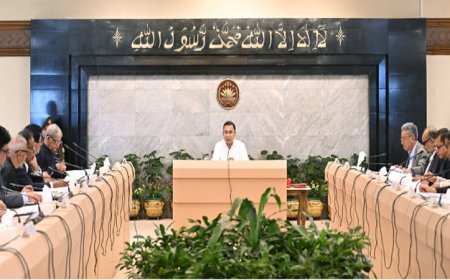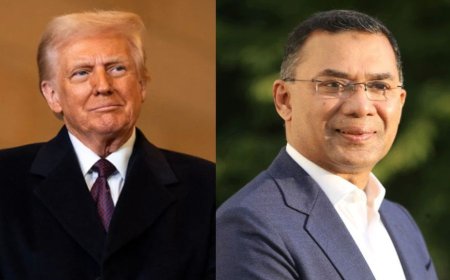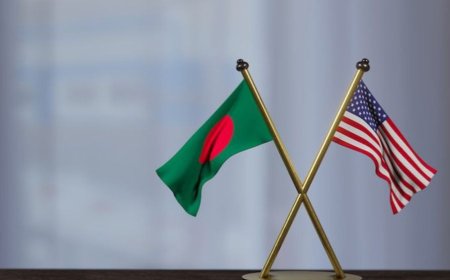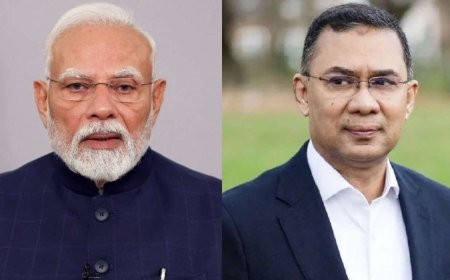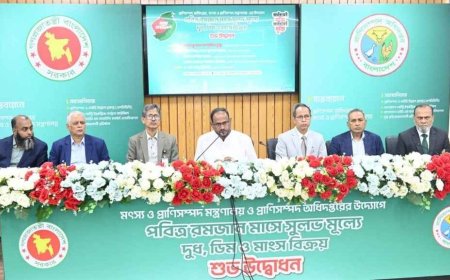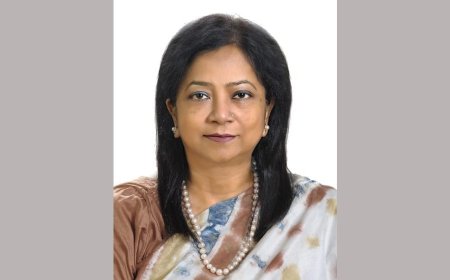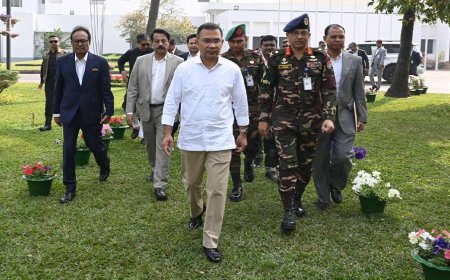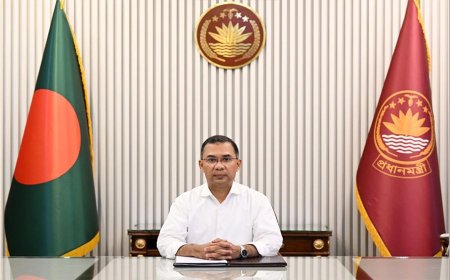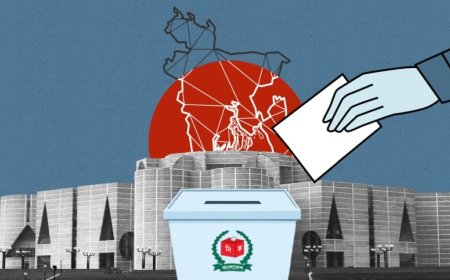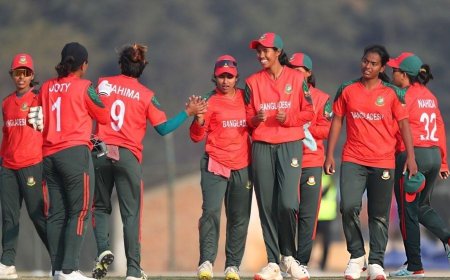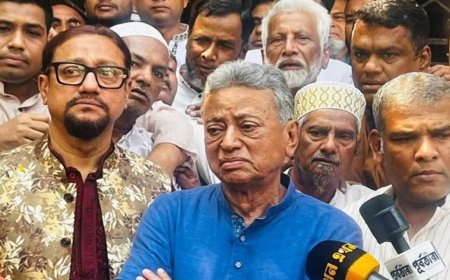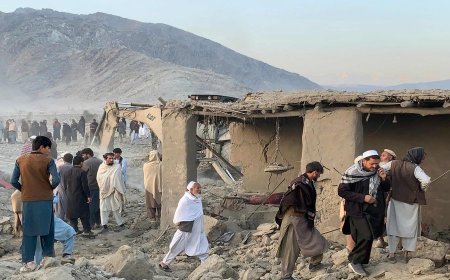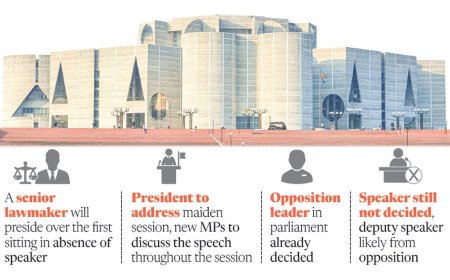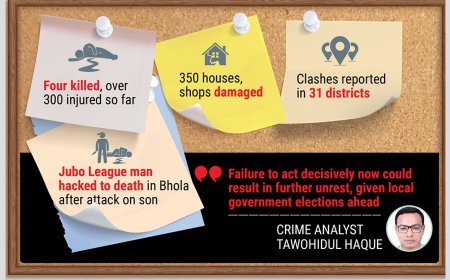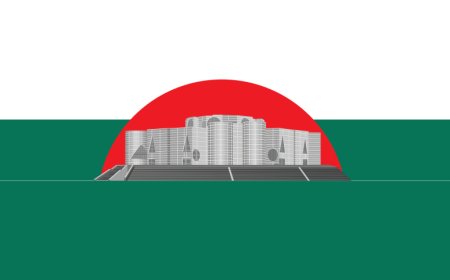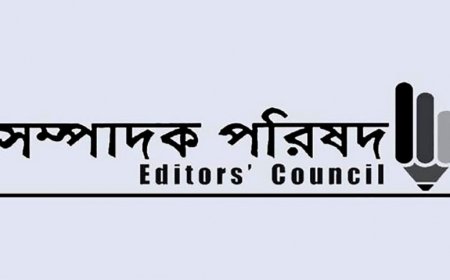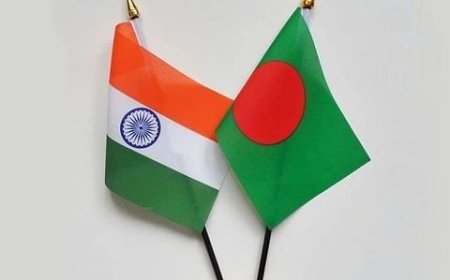Cyber Protection Ordinance: Disputed provisions to be removed
Cyber Protection Ordinance: Disputed provisions to be removed
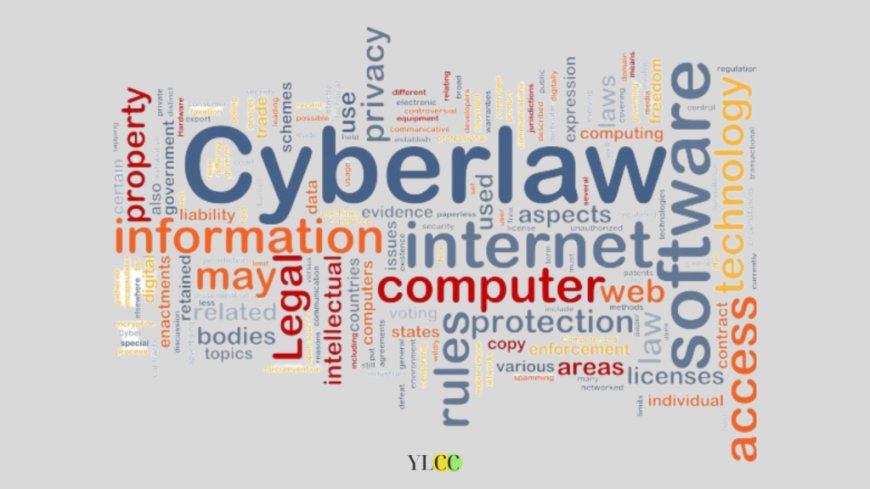
- Only the victim, a person designated by the victim, and the police will be authorized to file cases under this ordinance, preventing the filing of politically motivated cases.
- Only cases directly related to cybercrime will be pursued.
Following the decision to revoke the controversial Cyber Security Act (CSA), the government has drafted a new law, the "Cyber Protection Ordinance, 2024." The new draft omits the controversial provisions from the existing law.
Law adviser Asif Nazrul previously stated that the new law would not include any provisions that allow a person to be sued for their words. Punishment will only apply to actual cybercrime-related offenses.
A review of the new draft reveals that it does not include provisions that would criminalize freedom of speech. In contrast, the previous law included vague provisions for punishing the spread of derogatory information or misleading campaigns related to the Liberation War, the national flag, or Bangabandhu Sheikh Mujibur Rahman. These provisions were often used to imprison people due to their ambiguous nature. In September of the previous year, the government repealed the widely criticized Digital Security Act-2018 and passed the "Cyber Security Act – 2023," which human rights organizations worldwide denounced as a repressive law with a new name.
A study by the Centre for Governance Studies (CGS) titled The Ordeal: Five Years of the Digital Security Act 2018-2023 analyzed 1,436 cases filed under the DSA Act from October 2018 to September 2023. According to the study, 32% of the accused were politicians, and 29.4% were journalists, with 78% of the cases involving plaintiffs with connections to the Awami League.
Following the mass protests in August 2024, the Awami League government was deposed, and an interim government was sworn in. The decision to revoke the Cyber Security Act was made during an advisory council meeting on November 7. The draft of the new law excludes seven controversial provisions from the previous law, including:
- Punishment for spreading hatred or misinformation related to the Liberation War, the spirit of the Liberation War, Bangabandhu Sheikh Mujibur Rahman, the national anthem, or the national flag.
- Punishment for impersonation or publishing offensive, false, or intimidating information.
- Punishment for unauthorized collection, use, and dissemination of personal information.
- Provisions allowing searches, seizures, and arrests without a warrant.
Additionally, the provision for a Cyber Security Council in the existing law has been removed, along with other provisions related to the transition of power and evidentiary standards.
The new law introduces several new offenses, including blackmailing and the spread of illicit content. It also limits who can file cases under the law, allowing only the victim, a person appointed by the victim, or law enforcement officials to file a case. This change aims to prevent the misuse of the law for politically motivated cases, which were previously filed over derogatory remarks about political leaders.
The CGS study found that 338 of the 1,436 cases filed under the DSA were politically motivated. The identities of plaintiffs in 577 cases were not confirmed.
The ordinance also includes sections (14, 16, 20, and 22) that classify certain cybercrimes, such as damaging critical information infrastructure, cyber terrorism, and hacking, as cognizable and non-bailable offenses.
While some cases filed under the previous Cyber Security Act will continue under the new law—specifically those involving actual cybercrimes—politically motivated cases will be dismissed.
Muhammad Ershadul Karim, associate professor at the Department of Law and Emerging Technologies at the University of Malaya, Malaysia, commented that the title of the new law should have been more aligned with international standards, such as the "Cyber Crime or Computer Abuse Act" used by the United Nations and European countries. He noted that cyber security issues are complex and cannot be addressed by a single law. He also pointed out that the government had a unique opportunity to draft a law that compared Bangladesh’s laws with global standards and practices, particularly with the recent release of the United Nations Cyber Crime Convention.
What's Your Reaction?









